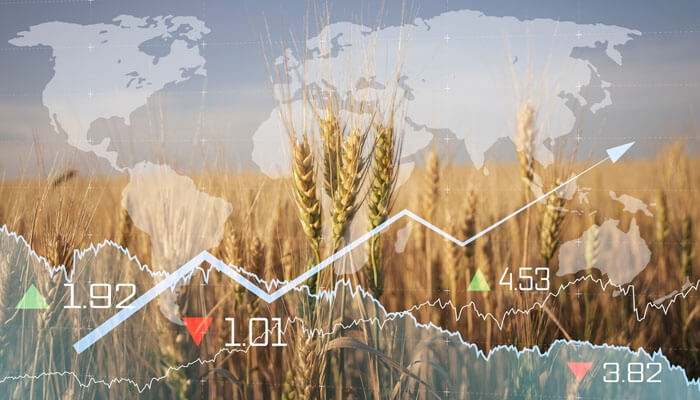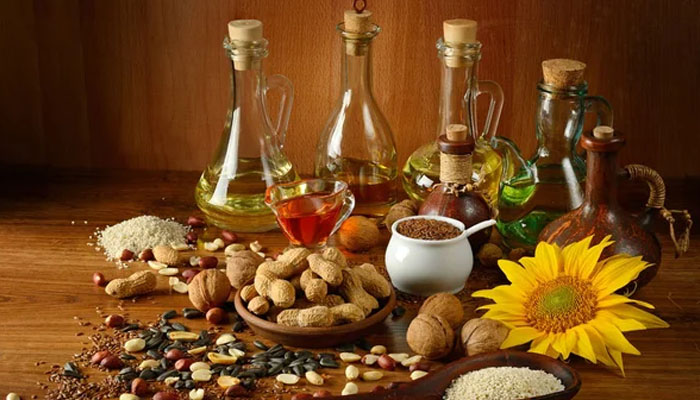Last month, global food prices rose when Russia withdrew from an agreement to ensure the safe passage of ships transporting grain from Ukrainian ports.
The Food and Agricultural Organisation of the United Nations (FAO) reported Friday that its worldwide Food Price Index jumped 1.3% in July compared to the previous month. Marking only the second uptick in a year of steady declines since the grain deal was reached.
The monthly index, which covers a variety of food commodities, is still down about 12% from July 2022. But Russia’s decision to withdraw from the UN-backed accord has driven up grain and sunflower oil prices.
The agreement had been extended three times, but Russia had constantly threatened to withdraw, claiming that it was impeded in selling its own products. Last month, Russian President Vladimir Putin made good on those warnings, saying the pact’s principal goal — supplying grain to needy countries — had “not been realized.”
Last week, Putin stated that Russia could replace Ukrainian grain exports to “the most needy African countries,” adding that free grain supplies to six nations, including Somalia and Eritrea, will take place over the next four months.
The Spotlight Is On Vegetable Oils.
According to the agency, the comeback in the Food Price Index was led by a 12% month-on-month increase in the price of vegetable oils, which was supported in part by increases in global crude oil prices. Because it is utilized in the manufacturing of biofuels, the price of vegetable oil can be influenced by crude oil.
“International sunflower oil prices rose more than 15% month on month, primarily due to renewed uncertainty surrounding exportable supplies from the Black Sea region,” the FAO stated in a statement.
According to the United Nations, Ukraine is by far the largest supplier of sunflower oil, accounting for 46% of global exports.
Concerns about declining production of palm oil in Southeast Asia, as well as soybean and rapeseed oil in North America, have also boosted prices, according to the agency.
The FAO’s global wheat price index, which feeds into its larger Food Price Index, increased 1.6% from the previous month in July, the first monthly gain in nine months.
Russian attacks on Ukrainian port facilities following the breakdown of the grain deal have also pushed up prices in recent weeks. Both countries contribute significantly to world supplies.
However, wheat prices have fallen 46% since reaching an all-time high in February 2022, just days after Russia launched a full-scale invasion of Ukraine.
Hunger Danger
Since the war began in February last year, the Black Sea project has been critical in stabilizing global food markets, particularly for poorer countries that rely largely on grain imports from the region.
According to the Organisation for Economic Cooperation and Development, Ukraine was the fifth-largest wheat exporter in the world prior to the conflict, accounting for 10% of total exports.
According to Gro Intelligence, an agricultural data organization, Ukraine is also one of the top three exporters of barley, maize, and rapeseed oil in the globe.
According to UN data, the agreement allowed for the export of about 33 million metric tonnes of food through Ukrainian ports.
“With approximately 80% of East Africa’s grain being exported from Russia and Ukraine. Over 50 million people across East Africa are facing hunger,” Shashwat Saraf, regional emergency director for East Africa at the International Rescue Committee, stated in an early July statement.



